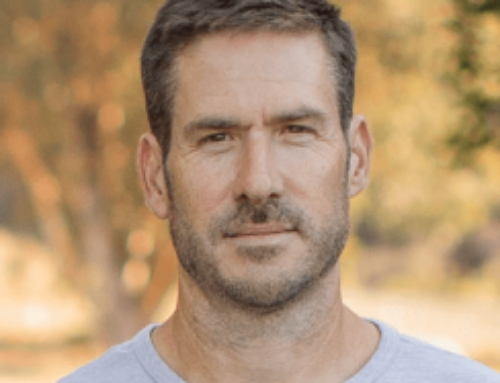- Key Insight: The nomination allows Acting Director Russell Vought to bypass the Federal Vacancies Reform Act.
- What’s at Stake: Vought has three weeks left before he reaches the 210-day limit to remain at the agency. With the nomination, he gets another 210 days.
- Forward Look: The nomination is part of a larger effort by the Trump administration to shutter the CFPB after Vought claimed he could not legally request funding for the bureau.
President Trump has nominated Stuart Levenbach, an associate director at the Office of Management and Budget, to be the director of the Consumer Financial Protection Bureau, though many observers say Levenbach is likely a placeholder nominee that allows Acting CFPB Director Russell Vought to remain at the helm of the agency.
Vought said last week that he thinks the CFPB will be closed by year-end, claiming he cannot seek funding from the Federal Reserve. The funding dispute is part of a larger, ongoing political and legal battle by the Trump administration to shutter the CFPB.
Under the Federal Vacancies Reform Act, agency directors typically can serve for only 210 days.That time is extended if another person is nominated for the permanent position. By nominating Levenbach, Vought can serve for at least another 210 days while the Senate considers the nomination. A new 210-day period begins if the nominee is rejected or withdrawn.
Sen. Elizabeth Warren, D-Mass., the ranking member of the Senate Banking Committee, said in a press release that the nomination “looks like nothing more than a front for Russ Vought to stay on as Acting Director indefinitely as he tries to illegally close down the agency.”
“Instead of doing everything in their power to lower costs for Americans, Trump and Vought want to make it easier for giant corporations to scam families out of their money,” she added.
Levenbach made waves as a political appointee serving as chief of staff at the National Oceanic and Atmospheric Administration, where he tried to tone down the conclusions of the National Climate Assessment, a congressionally-mandated climate report, which alarmed scientists. He also has served as a senior advisor at the White House National Economic Council.
He was tapped by OMB in March to be associate director of natural resources, energy, science, and water.
A confirmation hearing date has not been scheduled and many experts think Republicans will simply sit on the nomination, allowing Vought to complete his policy objectives at the CFPB.
Last week, the Department of Justice’s Office of Legal Counsel issued an opinion stating that the CFPB cannot legally request funding from the Federal Reserve System, leaving the CFPB’s future in limbo after December 31. The DOJ sent a notice to two federal courts involved in the union’s dispute that the CFPB cannot legally request funding from the Fed because the central bank technically has no profits.
Vought was sued in February by the National Treasury Employees Union, which claimed he was seeking to fire 90% of the CFPB’s employees through a reduction-in-force. A district judge granted the NTEU an injunction that kept Vought from firing staff, but an appeals court ruled in August that the reductions in force were legal. That opinion is now being appealed.
Vought also notified Congress that the CFPB only has enough money to continue operating through Dec. 31, leaving its future in limbo, according to the notice filed with the U.S. District Court for the District of Columbia and the U.S. Court of Appeals for the D.C. Circuit.
Vought claims that the agency may be forced to lay off employees and that without appropriations from Congress, the CFPB will no longer function.

